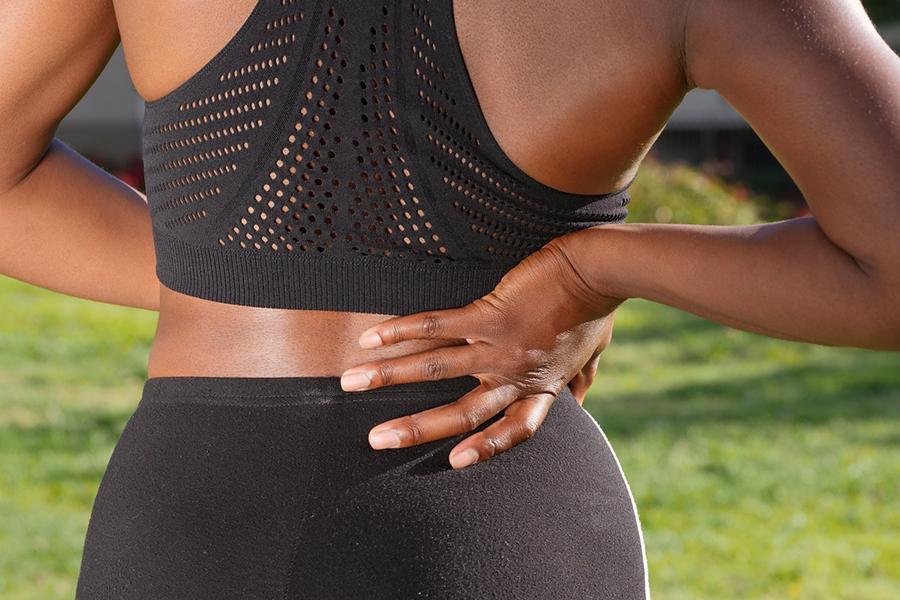What Is a Herniated Disc?
Each vertebra in your spine rests on a disc, which acts as a shock absorber and cushion. Spinal discs are often described as “jelly donuts” with a soft center in a tough exterior. A herniated disc occurs when the softer center (or “jelly”) pushes out through a tear in the exterior of the disc.
A herniated disc can result from many different causes, including natural wear and tear related to aging and incorrectly lifting a heavy object. Physicians also often refer to a herniated disc as lumbar disc disease.
What Are Herniated Disc Symptoms?
The most common symptoms of a herniated disc (lumbar disc disease) include:
-
Back pain — Pain is most often localized where the disc is herniated.
-
Arm or leg pain — A herniated disc in the lower back can also cause pain in the lower buttocks or in one or both legs. A herniated disc in the neck can cause arm or shoulder pain.
-
Numbness or tingling — Individuals with a herniated disc may also experience numbness or tingling in the area with the herniated disc.
-
Weakness — A herniated disc can make it difficult to hold or lift heavy things.
What Are Herniated Disc Treatment Options?
A herniated disc often heals on its own after weeks of self-care and modified activities. If your pain does not improve or you experience worsening symptoms, schedule an appointment to see a spine specialist.
Treatment for herniated disc may include:
-
Physical therapy — A physical therapist will work closely with you to create exercises to help strengthen your back to relieve pain, reduce inflammation and strengthen muscles.
-
Injections — Steroid injections can help reduce inflammation, relieve pain and help your body heal from your injury.
-
Surgery — There are many different surgeries that can help repair a herniated disc that doesn’t respond to a more conservative approach. The surgeons at Temple Health offer the latest advances in minimally invasive surgery and traditional approaches.
Ready for an Appointment?
If you're experiencing signs or symptoms of herniated disc, schedule an appointment or call 800-TEMPLE-MED (800-836-7536) today.
Learn more about our doctors and care team who diagnose and treat herniated disc.

